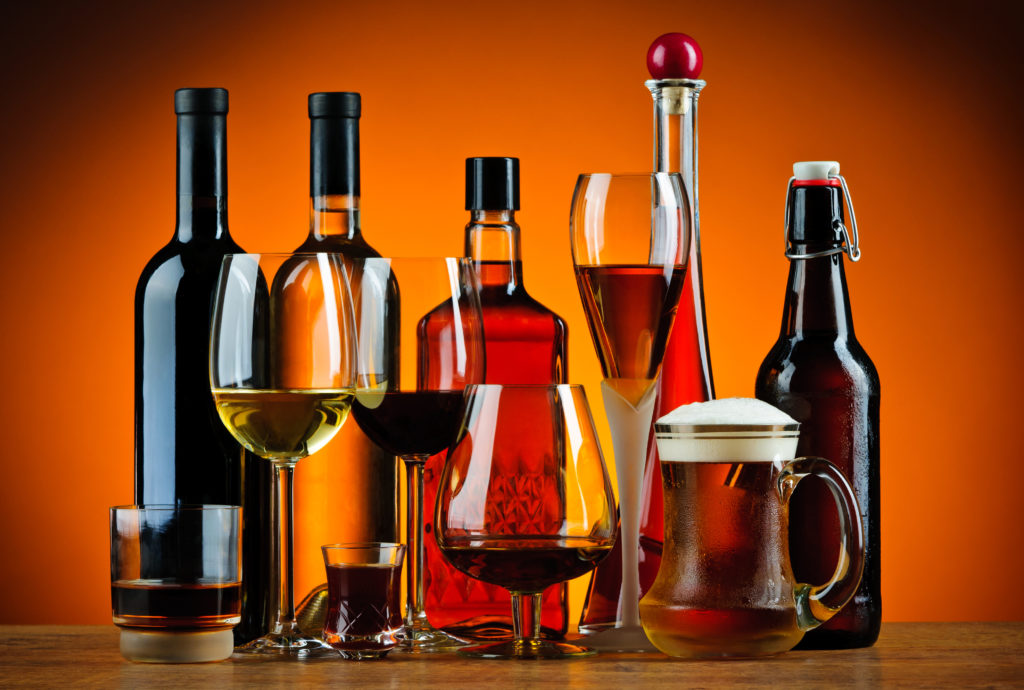
I’ve reported on alcohol a number of times. Most recently reporting that even low quantities of alcohol appear to age the brain (however, higher quantities are much worse).
Researchers had previously found that a signalling molecule pathway in the brain seemed to affect addiction and withdrawal from alcohol. But a team of researchers at Scripps Research Institute have found that activating this, in mice at least, did not impact their withdrawal symptoms. Yes, they do get mice drunk and addicted on alcohol for this research. So, the search is now on to find the precise mechanisms that control withdrawal symptoms. This has many obvious benefits apart from a clearer understanding of withdrawal in general and ways to manage this.
For me I just found it fascinating that this was researched in the first place and that addiction and withdrawal can be controlled by different mechanisms in the brain.
Reference:
Max Kreifeldt, Melissa A. Herman, Harpreet Sidhu, Agbonlahor Okhuarobo, Giovana C. Macedo, Roxana Shahryari, Pauravi J. Gandhi, Marisa Roberto, Candice Contet.
Central amygdala corticotropin-releasing factor neurons promote hyponeophagia but do not control alcohol drinking in mice.
Molecular Psychiatry, 2022
DOI: 10.1038/s41380-022-01496-9
More Quick Hits
Why We Share Posts on Social Media
Is it just pictures of cats that we share on social media? That is a cliché – most of social media does not have post of cats on them and all manner of things are shared.
What Makes Human Brains Different?
Those who have followed my writing and articles will know that this is a question that comes up regularly. Just what is different to human brain compared to other species?
Brain Centre For Altruism Identified
Various parts of the brain have been associated with social behaviour but this particularly interesting study looked at effortful decision-making to help others and identified a region that only activates to this.
Genes Or Exercise for Living Longer?
We all know that we should get our exercise. And we all know that this is associated with many positive health outcomes. This includes living longer.
Yay! “Inoculation” Against Misinformation Effective
Wouldn’t it be great in the current world if we could inoculate people against misinformation. Sigh! But that will never happen
Lack Of Sleep Makes Us Selfish
We humans are a social species, we do things in groups, gather in restaurants, bars, music venues, and public spaces together.
Don’t Try to Change Minds – Change Behaviour
Don’t try to change minds, but simply change behaviour is the result a group of researchers have come to with regard to vaccinations.
Why Heat Makes Us Sleepy
Imagine if you are working and your stress levels are increasing, and then automatically soothing music is turned on to calm you down. Or alternatively if you are heading towards that after lunch dip of drowsiness and upbeat energetic music is turned on to energise you.
Tracking Mental States Through Your Skin – In Real Time
Imagine if you are working and your stress levels are increasing, and then automatically soothing music is turned on to calm you down. Or alternatively if you are heading towards that after lunch dip of drowsiness and upbeat energetic music is turned on to energise you.
Testosterone Promotes Cuddling
Quick HitsDaily brief research updates from the cognitive sciences es, you read the headline correctly. Testosterone considered the ultimate male hormone and often associated with aggression has had a bad rap. So, is all of this wrong? Well, the...










